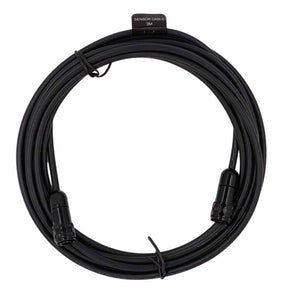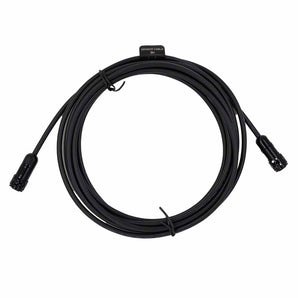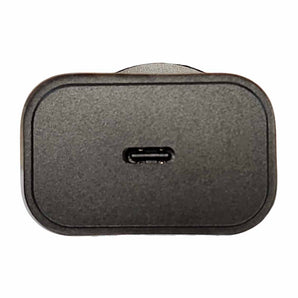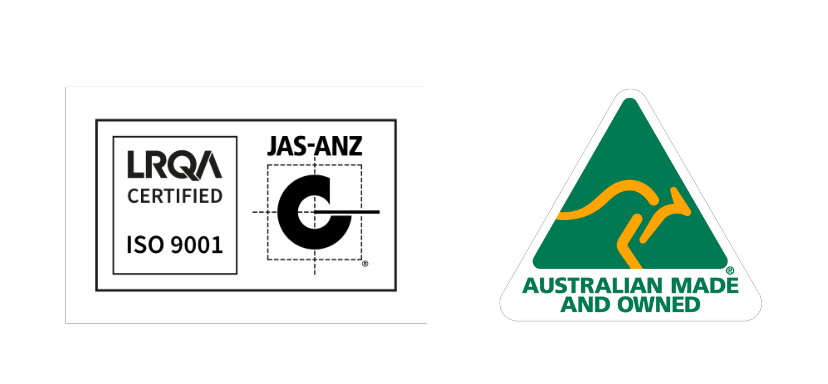At TPS, we’re always looking for ways to push the boundaries of water quality monitoring, so we’re excited to announce our sponsorship of an innovative research project with the University of the Sunshine Coast (UniSC).
This project is all about developing a drone-based system for water testing and sampling, designed to reach remote or difficult locations, places where traditional methods can be slow, labour-intensive, or even unsafe. By integrating real-time sensors and automated sampling, this technology has the potential to streamline environmental assessments and improve the way we monitor water quality.

How It Works
The UniSC-led research is developing a system that:
● Measures water quality in real time – Capturing key parameters like pH, dissolved oxygen, and conductivity.
● Collects water samples autonomously – Reducing the need for manual collection in challenging areas.
● Reaches locations that are difficult or unsafe for people – Think wetlands, fast-moving rivers, or isolated water sources.
By improving efficiency and accessibility, this project aims to provide faster, safer, and more comprehensive water quality data—an exciting step forward for environmental science and resource management.
TPS's Role As A Sponsor
Our team recently met with a UniSC senior lecturer and a PhD student to explore how TPS can support the development of this system.
As a company that has been designing and manufacturing trusted water quality instruments for decades, we’re proud to provide our technology and expertise to help make this research a reality.
By collaborating with Australia’s academic and research community, we’re committed to advancing the field of water quality monitoring, ensuring that environmental professionals and researchers have access to the best tools for the job.
We’re looking forward to seeing this project take flight, literally, and can’t wait to share updates as it progresses!
Read more articles
Browse our latest news and articles below.
Dissolved Oxygen Sensors: What is the Difference Between Electrochemical and Optic?
Today, we dive into the differences between electrochemical and optical dissolved oxygen sensors, so you can make an informed choice for...
Why is my pH Reading Slow to Stabilise? 10 Common Causes and How to Fix Them
Slow or unstable pH readings? Explore key causes like hydration, fouling, low ionic strength, temperature effects and more, with practical...
Which k-Value Should I Choose for my Conductivity Sensor?
K-Values can be confusing. Learn how to choose the best conductivity (EC) sensor k-Value for your water quality sample type...
Get All The Updates
Subscribe to our newsletter to receive monthly updates on all things TPS and the water industry.








































